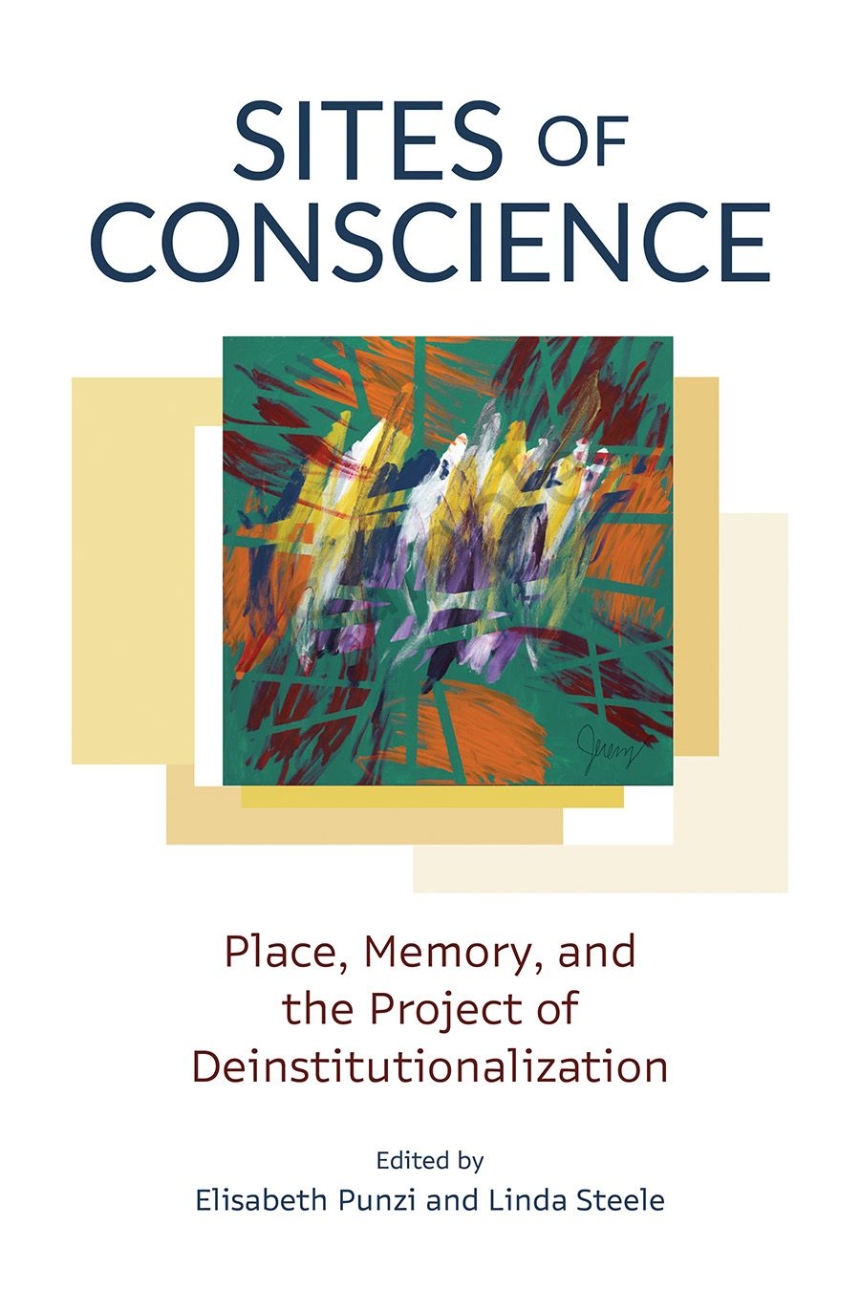University of British Columbia Press
Sites of Conscience
Place, Memory, and the Project of Deinstitutionalization
9780774869331
9780774869324
Distributed for University of British Columbia Press
Sites of Conscience
Place, Memory, and the Project of Deinstitutionalization
How activities in and around government-run care facilities can help former residents heal after their closure.
Into the twenty-first century, millions of disabled people and people experiencing mental distress were segregated from the rest of society and confined to residential institutions. Deinstitutionalization—the closure of these sites and integration of former residents into the community—has become increasingly commonplace. But this project is unfinished. Elizabeth Punzi’s powerful work explores the use of the concept of sites of conscience, which involves place-based memory activities such as walking tours, survivor-authored social histories, and performances and artistic works in or generated from sites of systemic suffering and injustice. These activities offer new ways to move forward from the unfinished deinstitutionalization project and its failures.
Covering diverse national contexts, Sites of Conscience proposes that acknowledging former residents’ memories and lived experiences—and keeping institutions’ histories and social heritage alive rather than simply closing sites—holds the greatest potential for recognition, accountability, and action.
Into the twenty-first century, millions of disabled people and people experiencing mental distress were segregated from the rest of society and confined to residential institutions. Deinstitutionalization—the closure of these sites and integration of former residents into the community—has become increasingly commonplace. But this project is unfinished. Elizabeth Punzi’s powerful work explores the use of the concept of sites of conscience, which involves place-based memory activities such as walking tours, survivor-authored social histories, and performances and artistic works in or generated from sites of systemic suffering and injustice. These activities offer new ways to move forward from the unfinished deinstitutionalization project and its failures.
Covering diverse national contexts, Sites of Conscience proposes that acknowledging former residents’ memories and lived experiences—and keeping institutions’ histories and social heritage alive rather than simply closing sites—holds the greatest potential for recognition, accountability, and action.
302 pages | 17 halftones | 6 x 9 | © 2024
Disability Culture and Politics
History: Urban History
Sociology: Social Change, Social Movements, Political Sociology

